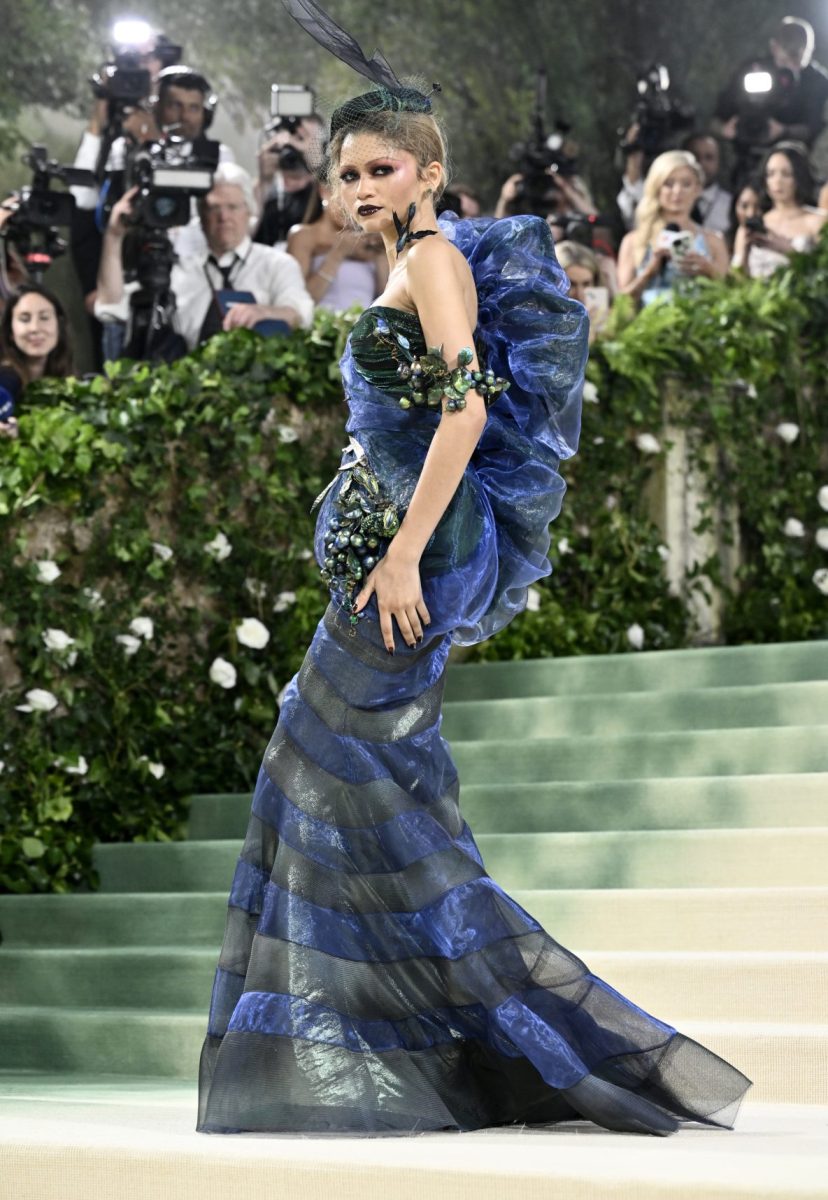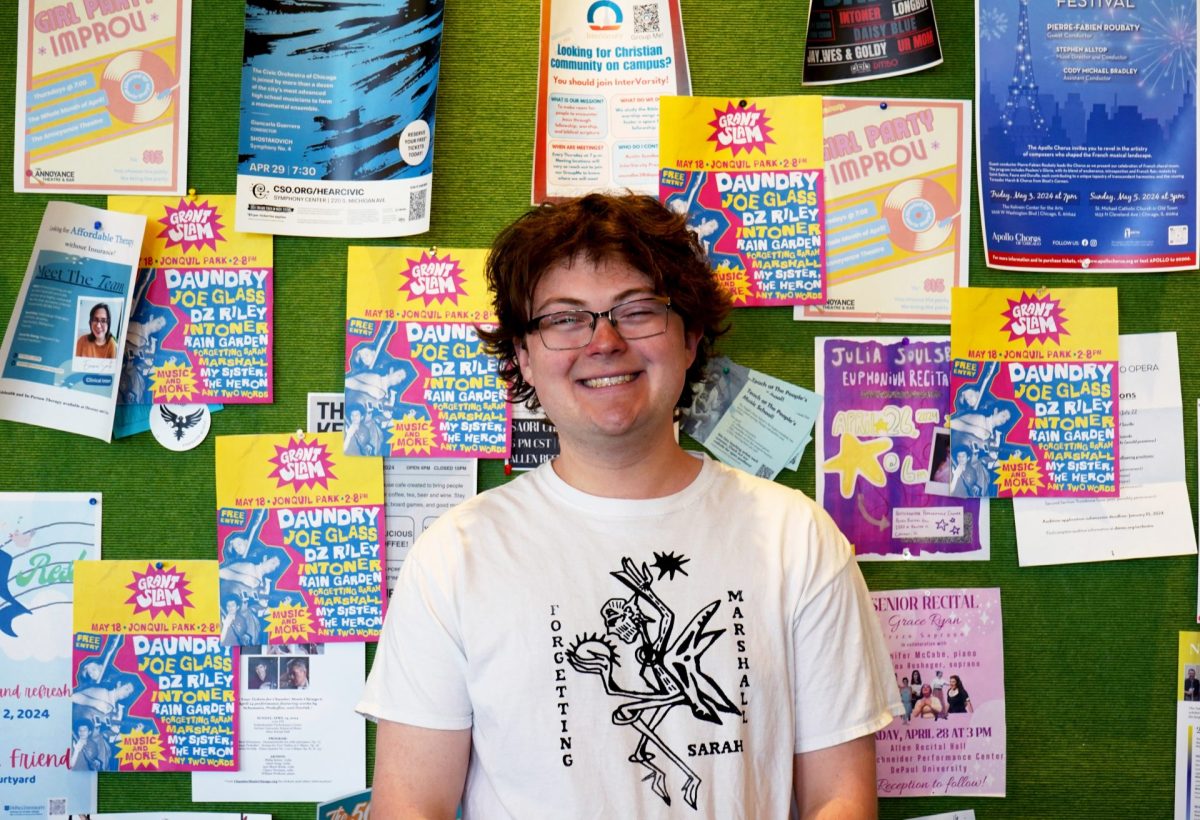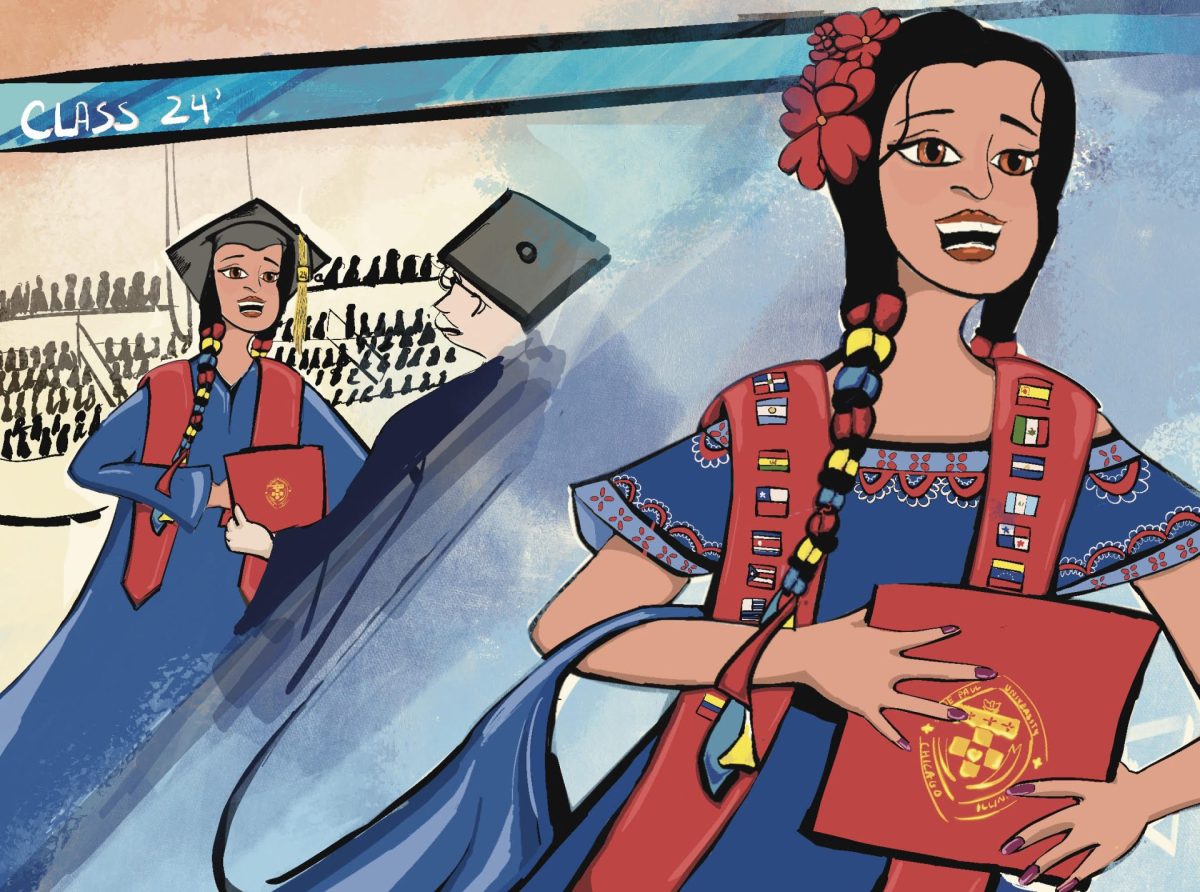Remember the good old days of fanzines and house shows, when Ian MacKaye was still the demigod of DIY and when Touch and Go Records was still releasing Urge Overkill’s albums? Remember when you actually had to go to a brick and mortar store to dig through LPs?
Unless you are an audiophile over the age of 40, then probably not. But though their celebrated heyday passed, local labels are still carrying on the DIY dream. With the exception of new technology, “indies” still function in much of the same way they did in MacKaye’s days.
“I think that DC was something of a benchmark,” Kriss Stress, who heads Notes and Bolts, an organization that acts to both document the local scene and releases local records, said.
Indie labels – much like the majors – act as both investors and promoters for a band. Once a label decides to release an album, the company pays for and works to create and package the physical release and then promotes and sells it. The money fronted is later recouped through these sales.
“The idea of independent, DIY stuff certainly went back a few years further to stuff like Stiff, Rough Trade and Fast Product, who were all doing punk and post-punk stuff with that same 50/50 ethos. And even before that, you had labels like Chess and Chiswick in the ’50s and ’60s really kind of establishing that model,” Stress said. “But the Dischord way of doing it is definitely the model that stands as the benchmark for DIY labels nowadays who may be more concerned with just putting out things they’d listen to more so than something that may necessarily turn a profit.”
Unlike major labels, indie labels in Chicago are owned by people who are both engaged with and work to foster the scene. This largely means that any profit earned is reinvested in new releases.
With platforms like Bandcamp and Soundcloud, bands can certainly self-promote online. Stress said that there will always be a market of collectors for tangible releases. Notes and Bolts Records releases music on a plethora of formats, ranging from what might be considered antiquated – like floppy discs – to the more obscure flexi disc, a record made with thin, pliable vinyl. Because pressing full LPs is expensive, many labels stick to cassettes, which are often packaged with a digital download.
Ed McMenamin, who founded Dumpster Tapes along with Alex Fryer, said that beyond creating physical releases, working with a well-respected indie label can give a band another means of exposure.
“I think for a listener that isn’t familiar with the group, they might be more willing to give an album a listen knowing that someone else liked it enough to plunk down the change to have it made,” McMenamin said.
Ryan Zombotron is a member of Flesh Panthers, whose recent self-titled cassette was released on Dumpster Tapes. He said the label’s efforts have been instrumental in promoting the release, which was recently featured on Pitchfork’s Shake Appeal column.
“The putting together of a tape takes time. Taking it to the store takes time.” he said. “(Dumpster Tapes) have utilized social media as well. It (is) impossible for me to really quantify how much they have helped spread the word.”
It is this sort of fostering that motivates the creation of new indies. Michael Tenzer is a member of the Chicago shoegaze band Savage Sister, who has recently founded the label Wild Patterns. Though it has been a slow and difficult process, he said that advocating, not financial gain, is the goal.
“We just want to build our little bitty community of artists we think should get some love that we can offer to them,” he said.
Karissa Talanian of Eye Vybe Records agrees. She founded Eye Vybe in 2010 to release music by her two bands, Plastic Crimewave Syndicate and the now defunct Strychnine. She says that the inspiration came from both the Logan Square DIY scene and the effect of California-based Burger Records on garage rock nationwide.
“I love music, and I guess just try to push my love for listening, collecting and appreciating everything about it into the work that I do at Eye Vybe,” she said. “The local community, luckily built with tons of excited individuals who play in fantastic bands, book shows, run spaces, write reviews and provide other resources to keep this community productive, has been only incredibly supportive.”






